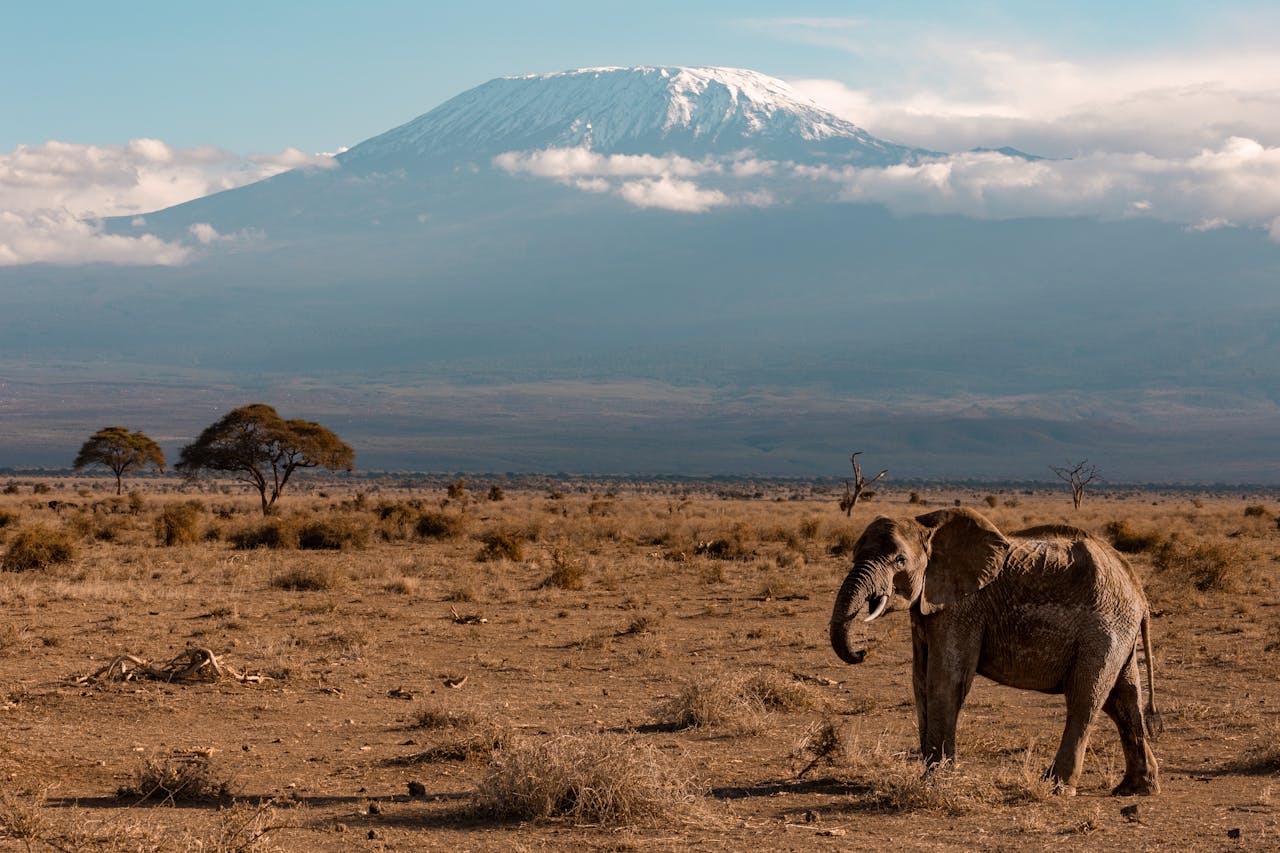Thanks to growing research and reports in recent years, there’s increasing global recognition that the Mediterranean diet—rich in fruits, vegetables, grains, legumes, and beans, and low in meat—is among the healthiest ways to eat.
It is the eating pattern followed by people in Ikaria, Greece and Sardinia, Italy, for example, which are two of the world’s Blue Zones (regions renowned for longevity). The other Blue Zones in Loma Linda, CA; Nicoya, Costa Rica; and Okinawa, Japan also emphasize plants and very little meat (as well as moderate exercise, a purposeful life, and a full social circle).
As the Blue Zones demonstrate, a plant-heavy diet seems to come with an abundance of benefits. Research suggests that due to their antioxidant and anti-inflammatory properties, plant-based whole foods may help educe the risk of a myriad of diseases that plague the Western world, including heart disease, cancer, and dementia. Ultra-processed foods, on the other hand, seem to do the opposite, increasing the risk of common chronic diseases.
 Pexels
Pexels
But new research suggests the Blue Zones and the Mediterranean regions of the world are far from alone in adopting a plant-heavy diet. A new study, published in the journal Nature, focused not on the Mediterranean, Asia, or South America, but Africa. It found that those in Tanzania, specifically, who eat the way their ancestors ate (more plants and less meat) are far healthier than those who follow a more Western-style diet.
“This study is yet another reminder that the foundations of many traditional diets—whole grains, legumes, fruits, vegetables, and fermented foods—support health in a variety of ways,” Sapna Peruvemba, MS, RDN of Health by Sapna, told VegNews.
“It’s often when people move away from [traditional] patterns toward more modern, Western diets that we see increases in chronic disease risk.”
The benefits of the Tanzanian Kilimanjaro diet
The new study consisted of two groups of men from Tanzania, totaling around 77 people. Half the men followed a traditional rural Kilimanjaro heritage-style diet, which is high in foods like okra, plantains, beans, and drinks like mbege, which is made with fermented banana and millet. The other half followed a more Western-style diet, full of processed foods like sausages, white bread, and French fries.
BECOME A VEGNEWS VIP: Get exclusive product deals, freebies, and perks galore!
Researchers found that the men who switched from the rural diet to the urban diet showed elevated levels of inflammatory proteins in their bodies, markers of metabolic dysregulation, and a reduced immune response. However, those who moved from urban diets to more traditional rural foods experienced the opposite effect. The researchers noted that these health impacts were still detectable four weeks after the study, showing that diet changes can have long-lasting effects.
“Our study highlights the benefits of these traditional food products for inflammation and metabolic processes in the body,” said lead author and infectious disease specialist Quirijn de Mast from the Netherlands’ Radboud University Medical Center. “At the same time, we show how harmful an unhealthy Western diet can be.”
Peruvemba agrees that, in general, ultra-processed foods can be detrimental to our health. This is largely because “they’ve been stripped of protective nutrients,” she says. Think fiber, which is essential for gut and digestive health, as well as antioxidants and phytochemicals, which repair cell damage and reduce inflammation. Instead, ultra-processed foods often contain high amounts of sugar and sodium, and even carcinogens.
“Processed and red meats like sausages are especially problematic—they’re high in saturated fats and contain compounds like carnitine, which can fuel inflammation and harm cardiovascular health,” explains Peruvemba. “They’re also classified as Group One carcinogens by the World Health Organization, meaning there’s strong evidence linking them to cancer.”
 Michal Collection | Canva
Michal Collection | Canva
The Kilimanjaro heritage diet is not just rich in antioxidants and fiber, but thanks to fermented drinks like mbege, it is high in gut-friendly probiotics, too. “It’s worth noting that mbege is alcoholic,” adds Peruvemba. “So any probiotic benefits may be counteracted by alcohol’s known pro-inflammatory and carcinogenic effects.”
For anyone who wants to reap the benefits of the rural Tanzanian diet, Peruvemba recommends building meals around vegetables and legumes, snacking on fruit, and eating more whole grains, as well as opting for more fermented foods like sauerkraut or kimchi, for example. “Don’t underestimate the power of returning to the basics,” she adds. “Whether that means embracing your own cultural food roots or simply prioritizing more whole plant foods in your meals, these shifts can make a big difference.”
For more plant-based stories like this, read:
JUMP TO ... Latest News | Recipes | Guides | Health | Subscribe









